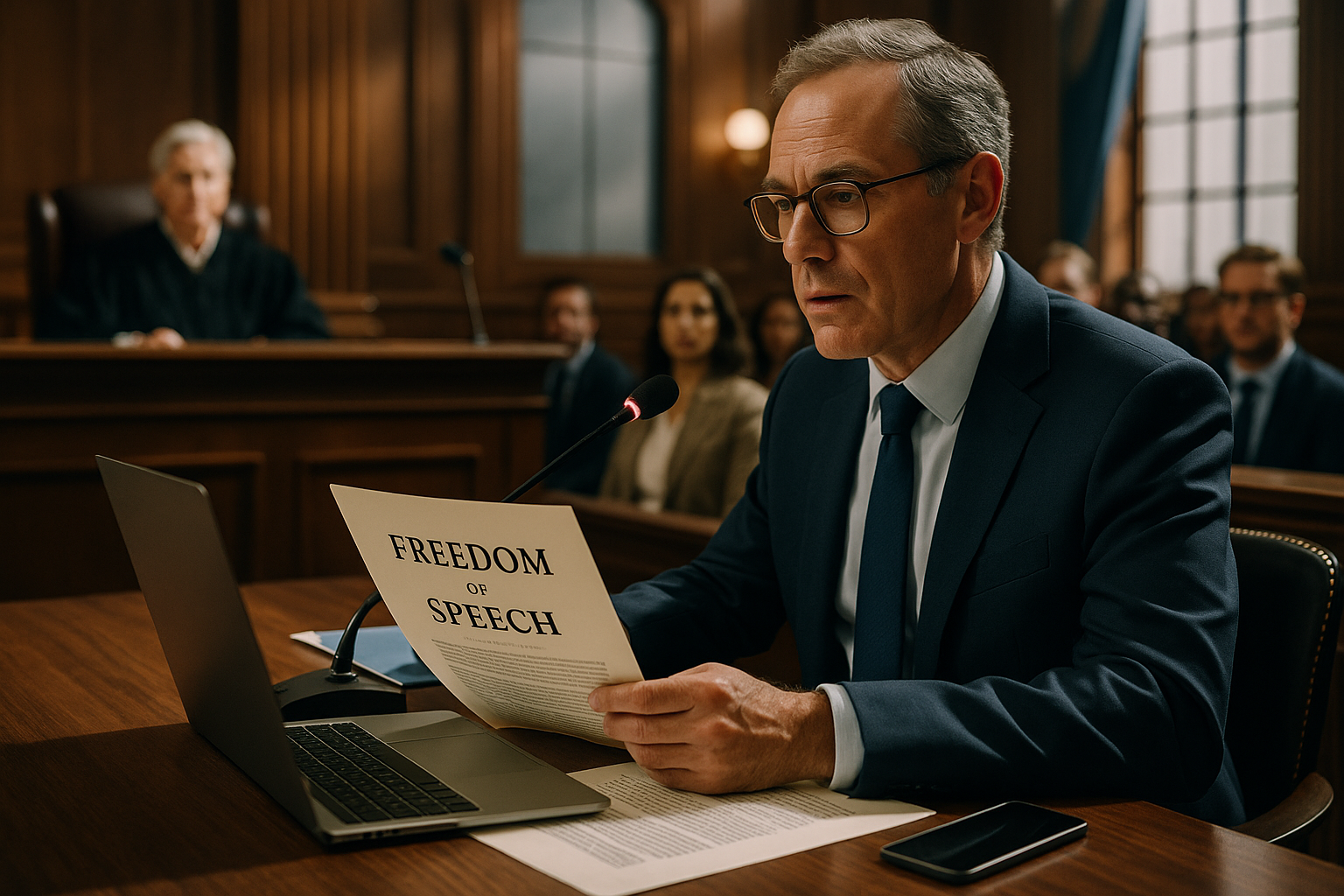An Examination of the Changing Landscape of Freedom of Speech Legislation
Introduction: This article delves into the evolution and current state of freedom of speech laws, highlighting their significance in shaping modern societies. It looks at the historical context, recent developments, and potential future trajectory of such legislature, giving readers a well-rounded understanding of this crucial aspect of law.

Historical Background of Freedom of Speech Laws
Freedom of speech, a fundamental right enshrined in the constitutions of many countries, has seen its interpretation and enforcement evolve with societal changes. Historically, freedom of speech laws originated from the need to ensure the free flow of ideas, fostering intellectual growth and preventing governmental control over expression. The U.S. First Amendment and Article 10 of the European Convention on Human Rights are two examples of legislation that protect this right.
Modern Interpretations and Challenges
In recent times, the digital age has presented new challenges to the interpretation of freedom of speech laws. The rise of social media platforms has blurred geographic boundaries, causing conflicts between national laws and international standards. The debate over hate speech versus free speech is a significant modern issue, with countries like Germany implementing strict laws against hate speech, while others maintain a more liberal approach.
Legal Developments and Changes
Several recent court rulings have significantly impacted the interpretation of freedom of speech laws. For instance, the European Court of Human Rights’ ruling in the Delfi AS v. Estonia case has broadened the responsibility of online news portals for user comments, impacting how freedom of speech is balanced against protecting individuals from harmful content.
Implications and Impact
The trajectory of freedom of speech laws has far-reaching implications for society. Stricter regulations can protect individuals from harmful speech but may also stifle freedom of expression. On the other hand, a liberal approach could lead to the proliferation of hate speech and misinformation. It’s a delicate balance that requires careful consideration.
Future Outlook
The future of freedom of speech laws lies in the ability to adapt to technological advancements and societal changes. The challenge will be to maintain the essence of these laws while ensuring they adequately address the evolving realities of the digital age.
In conclusion, freedom of speech laws are a vital part of our legal system, shaping how societies communicate and evolve. With the onslaught of the digital age, these laws face new challenges and interpretations, making their study more relevant than ever. As legal experts, it is crucial to keep abreast of these changes and contribute to the discourse that helps shape these laws for the betterment of society.




